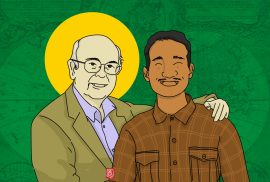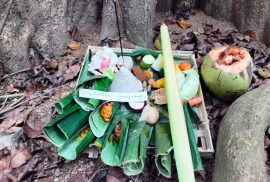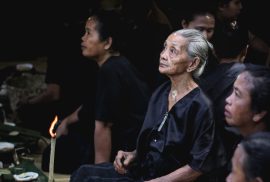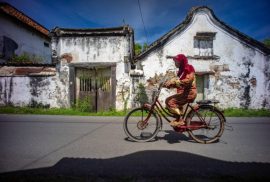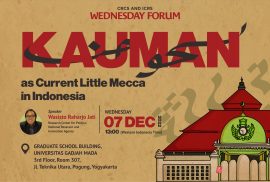Bincang Bersama Paul Knitter: Dialog Korelatif dan Dialog Antaragama (Bagian 2)
Vikry Reinaldo Paais – 1 Februari 2023
Jika di bagian sebelumnya kami berbincang tentang batas-batas dan peluang bentuk dialog antaragama, kali ini Paul Knitter masuk dan berefleksi lebih jauh tentang sejarah gelap antara kekristenan dan agama leluhur serta apa yang bisa kita lakukan terhadap hal itu. Lebih lanjut, Knitter berusaha membuka ruang dialog yang korelatif—baik sebagai umat Kristen yang berupaya mengabarkan kesaksian tentang Yesus, maupun sebagai pencari kebenaran sejati yang terus belajar dari tradisi agama atau kepercayaan lain.

